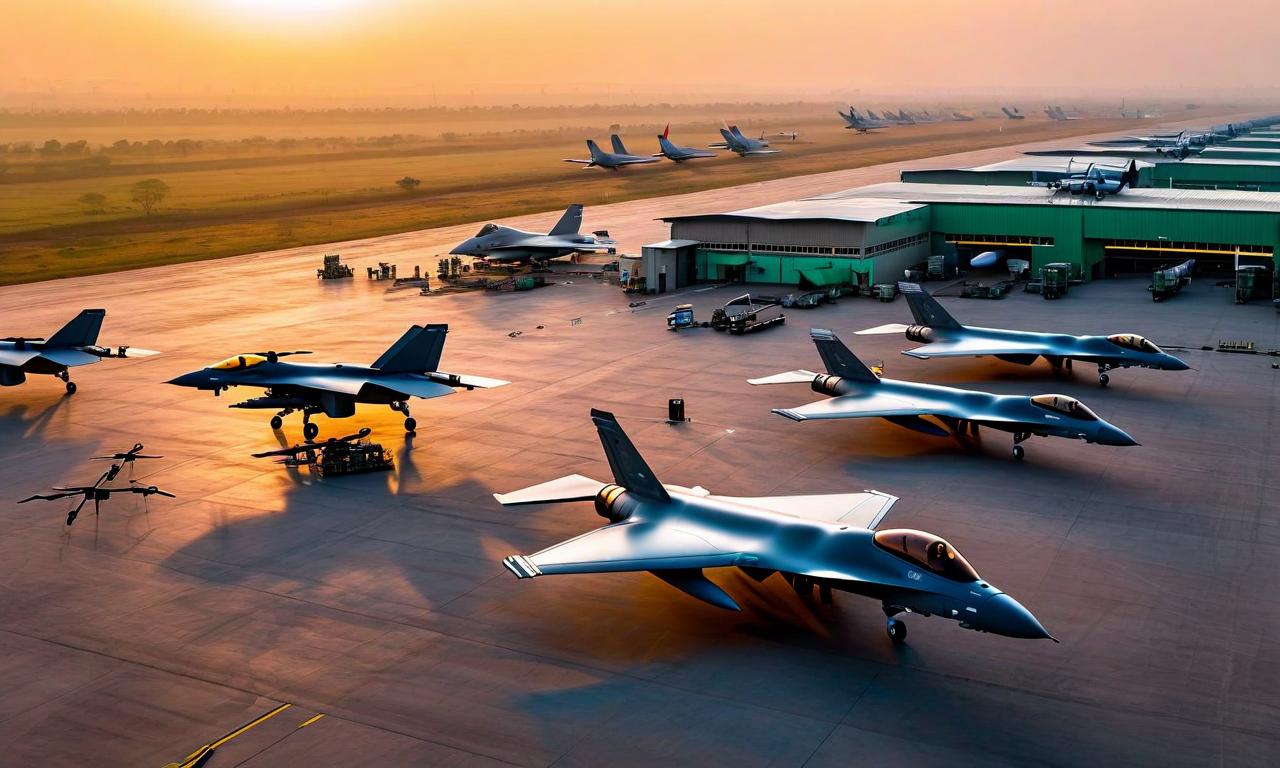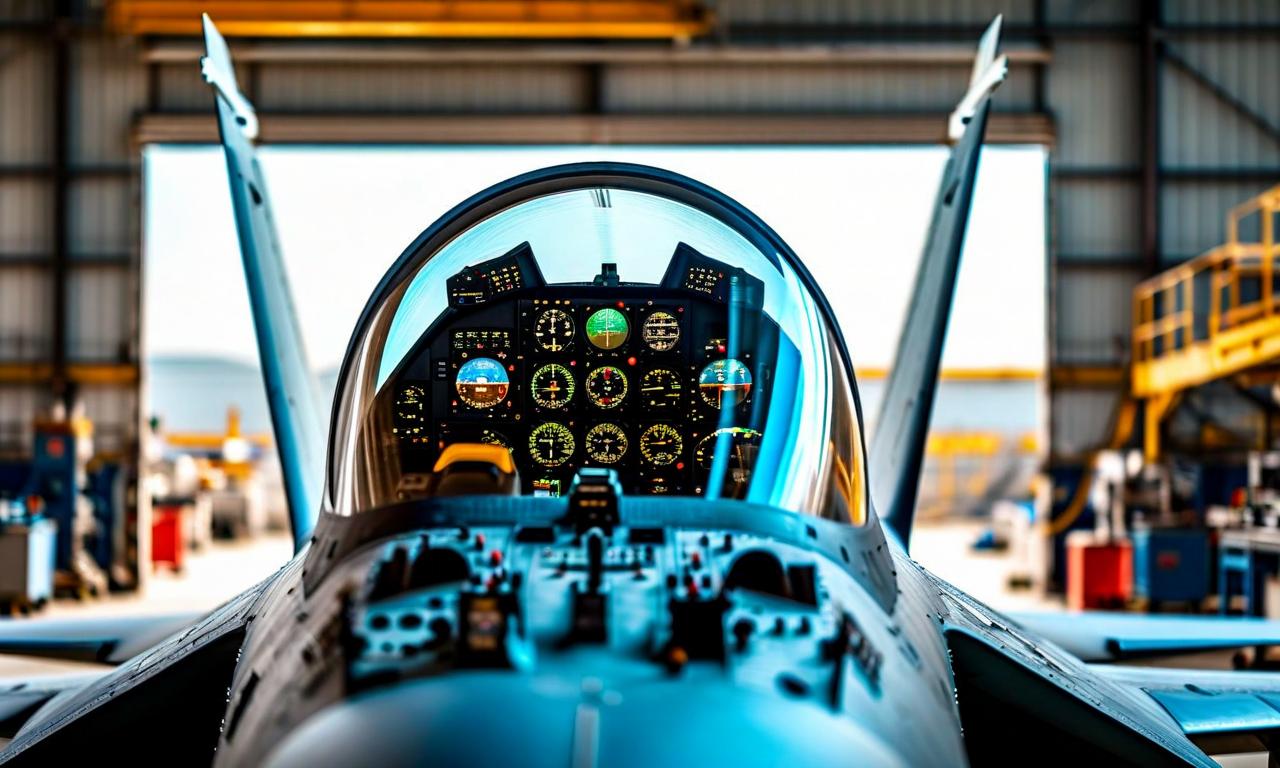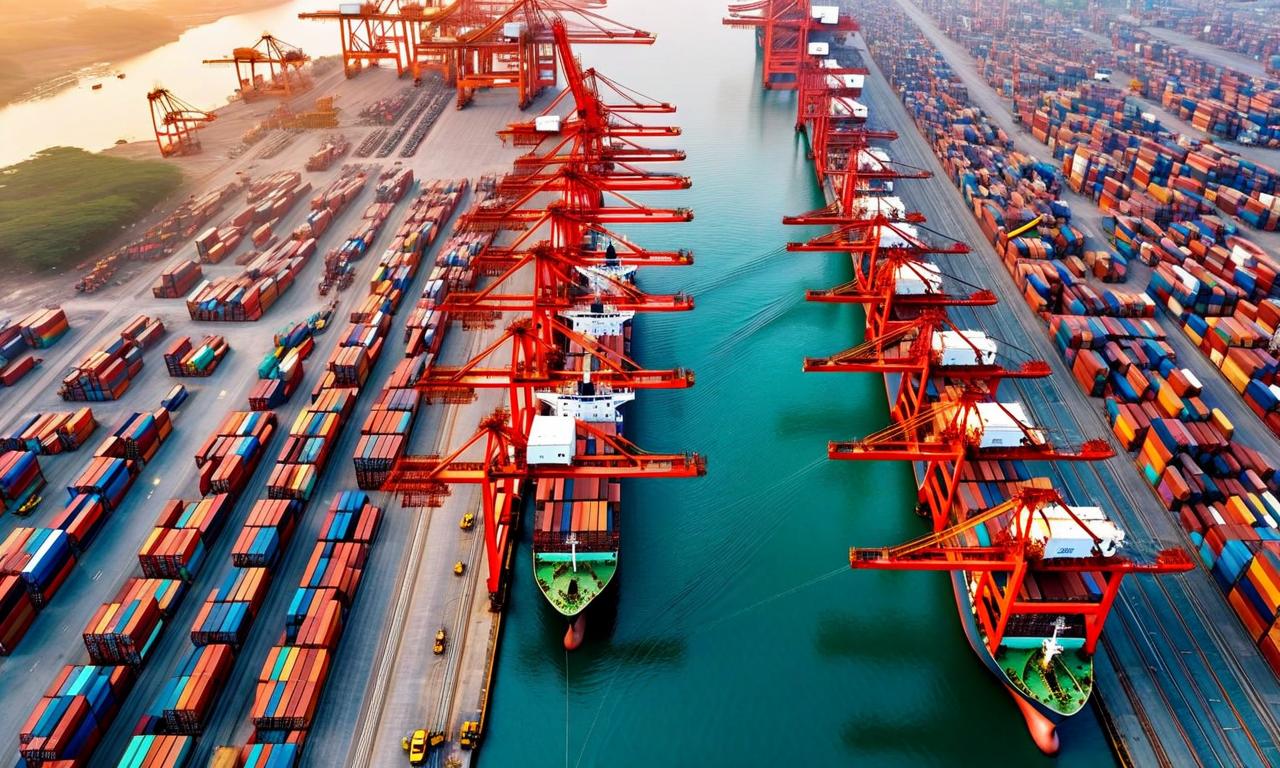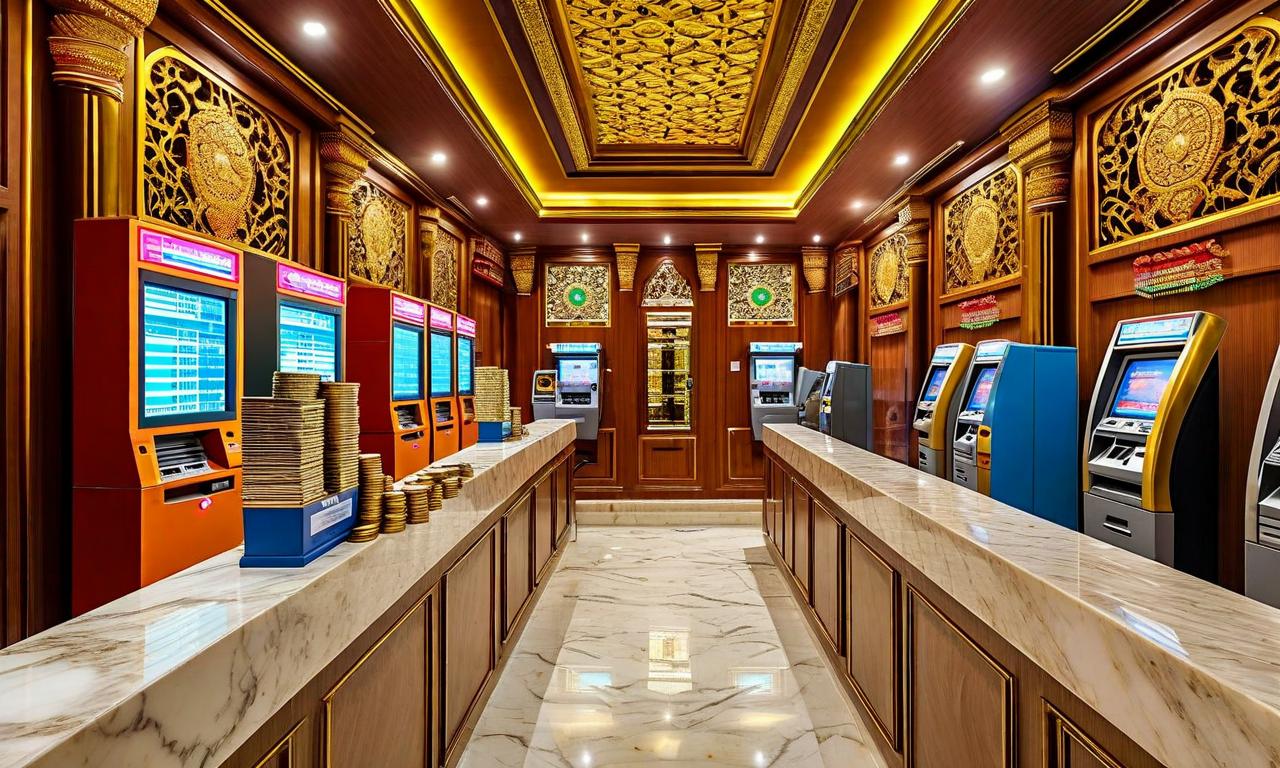India Unveils ₹30,000 Crore Drone Contract, Pushes for Major Defence Budget Hike
Defence Secretary Rajesh Kumar Singh unveiled plans for substantial investments in military technology and indigenous production. The government will invite proposals for medium-altitude long-endurance (MALE) drone contracts worth ₹30,000 crore. Additional orders up to ₹75,000 crore are planned for FY 2025-26, including AWACS aircraft. The Ministry aims to spend 75% of its capital expenditure within India. Long-term plans include an estimated annual expenditure of $35 billion or more for the next 15 years, with a push for at least a 17% hike in defence capital expenditure in the upcoming budget. The strategy addresses capability gaps by acquiring 4.5-generation fighter jets and focusing on modern technologies.

*this image is generated using AI for illustrative purposes only.
In a significant move to bolster India's defence capabilities, Defence Secretary Rajesh Kumar Singh has announced plans for substantial investments in military technology and indigenous production. The announcement highlights the government's commitment to modernizing the armed forces and promoting self-reliance in defence manufacturing.
Major Drone Contract Announced
The Indian government is set to invite proposals for medium-altitude long-endurance (MALE) drone contracts worth ₹30,000 crore. This initiative marks a crucial step in enhancing India's surveillance and reconnaissance capabilities, particularly in challenging terrains and border areas.
Ambitious Procurement Plans
Beyond the drone contracts, the Defence Ministry has outlined an ambitious procurement strategy:
- Orders worth up to ₹75,000 crore are planned for the remainder of financial year 2025-26.
- These orders will include Airborne Warning and Control System (AWACS) aircraft, critical for airborne surveillance and battle management.
Push for Indigenous Production
Aligning with the 'Make in India' initiative, the Ministry aims to spend 75% of its capital expenditure within the country. This move is expected to give a significant boost to the domestic defence manufacturing sector and reduce reliance on imports.
Long-term Investment Outlook
Defence Secretary Singh provided insights into the government's long-term defence spending plans:
- An estimated annual expenditure of $35 billion or more for the next 15 years.
- The Ministry is pushing for at least a 17% hike in defence capital expenditure in the upcoming budget.
- A 10% increase in defence capital expenditure is expected in the next budget.
Addressing Capability Gaps
The procurement strategy aims to address critical capability gaps in India's defence forces:
- Acquisition of 4.5-generation fighter jets to enhance air combat capabilities.
- Focus on modern technologies to meet evolving national security demands.
Budget Allocation Concerns
Despite these ambitious plans, India's defence spending has fallen below 2% of GDP. The government is targeting to increase this to 2.5-3% to meet the country's national security requirements effectively.
Conclusion
This announcement signals India's intent to significantly upgrade its defence capabilities while promoting indigenous manufacturing. The focus on drones, AWACS, and fighter jets indicates a comprehensive approach to modernizing the armed forces across air, land, and sea domains. As these plans materialize, they are likely to have far-reaching implications for India's defence preparedness and its domestic defence industry.





























